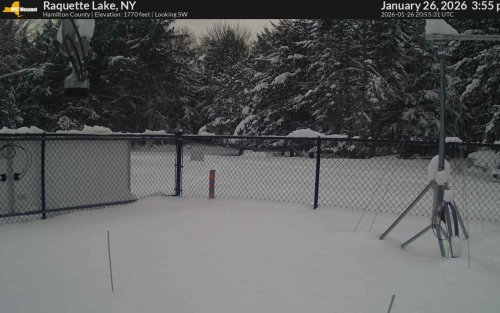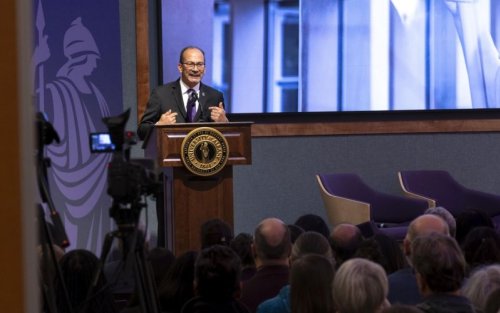-
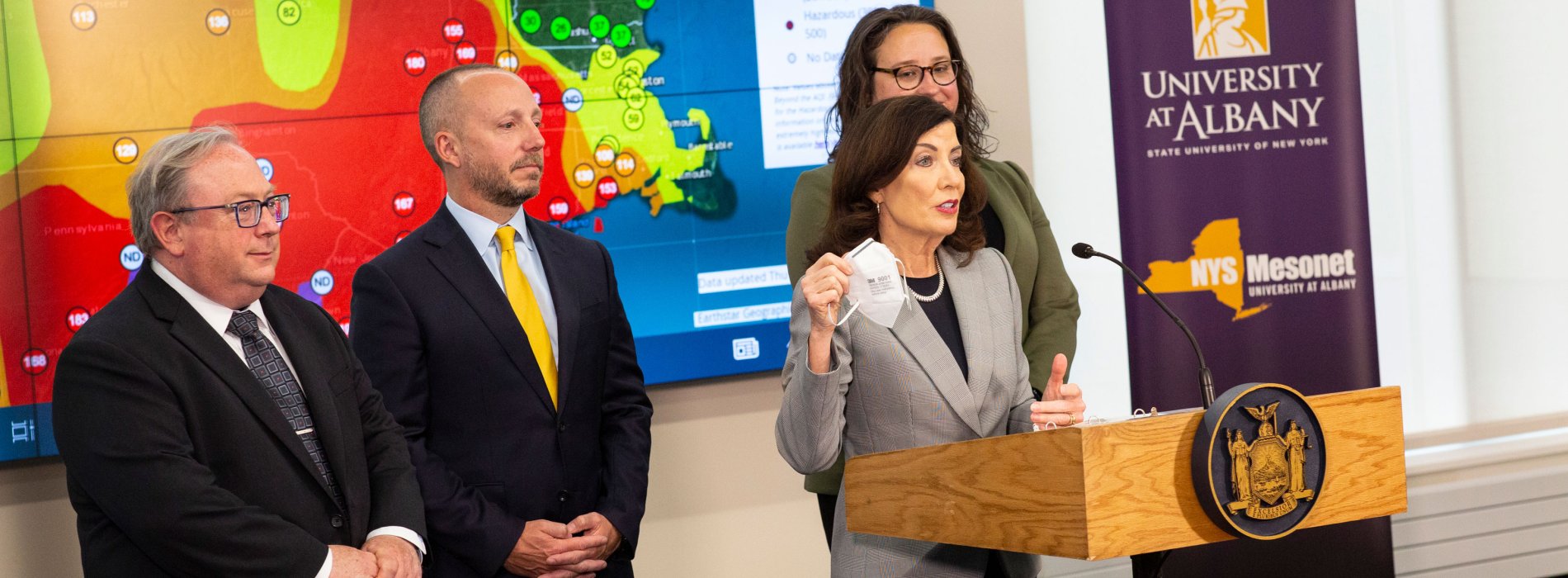
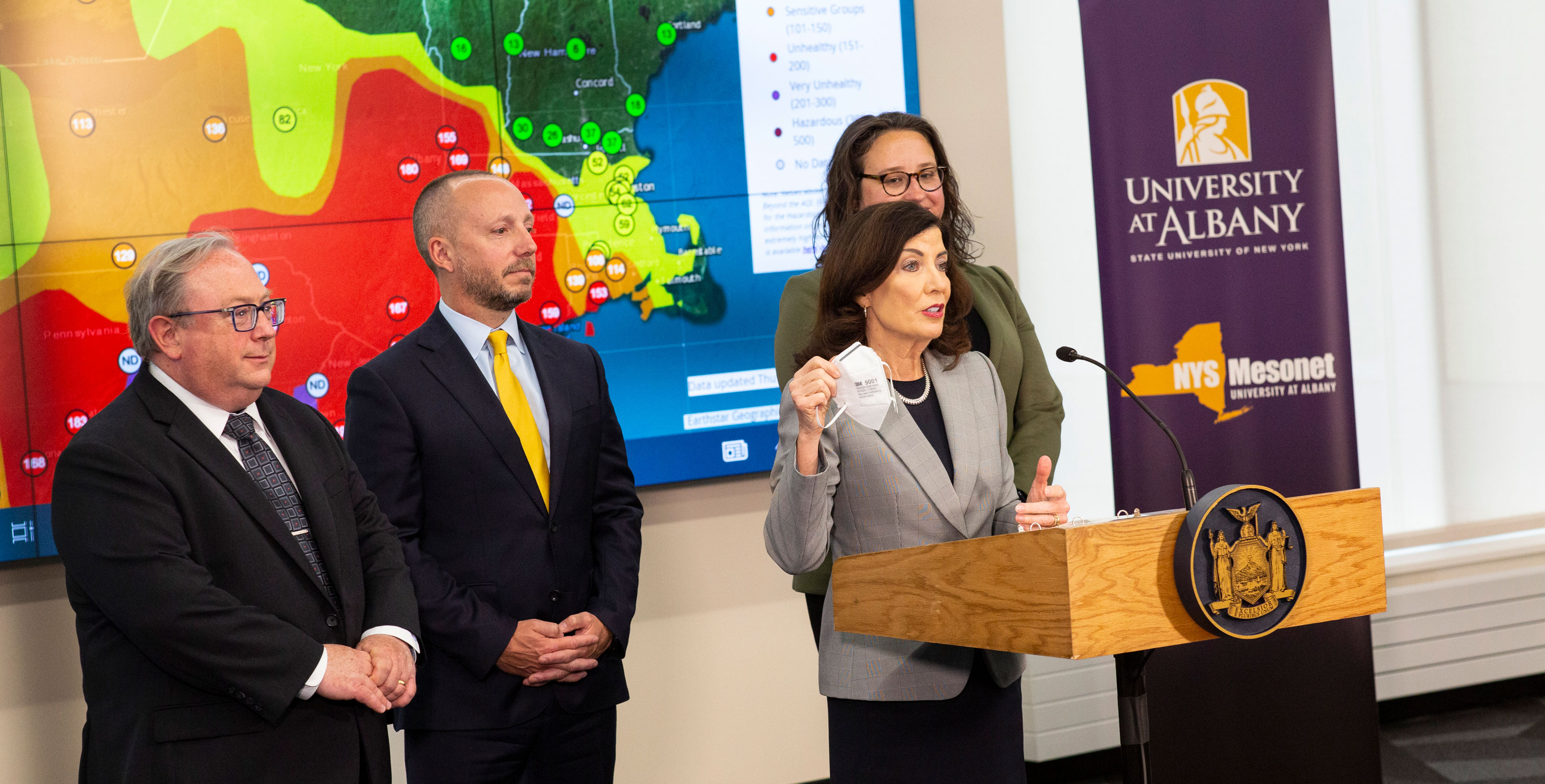
Office of Government & Community Relations
-
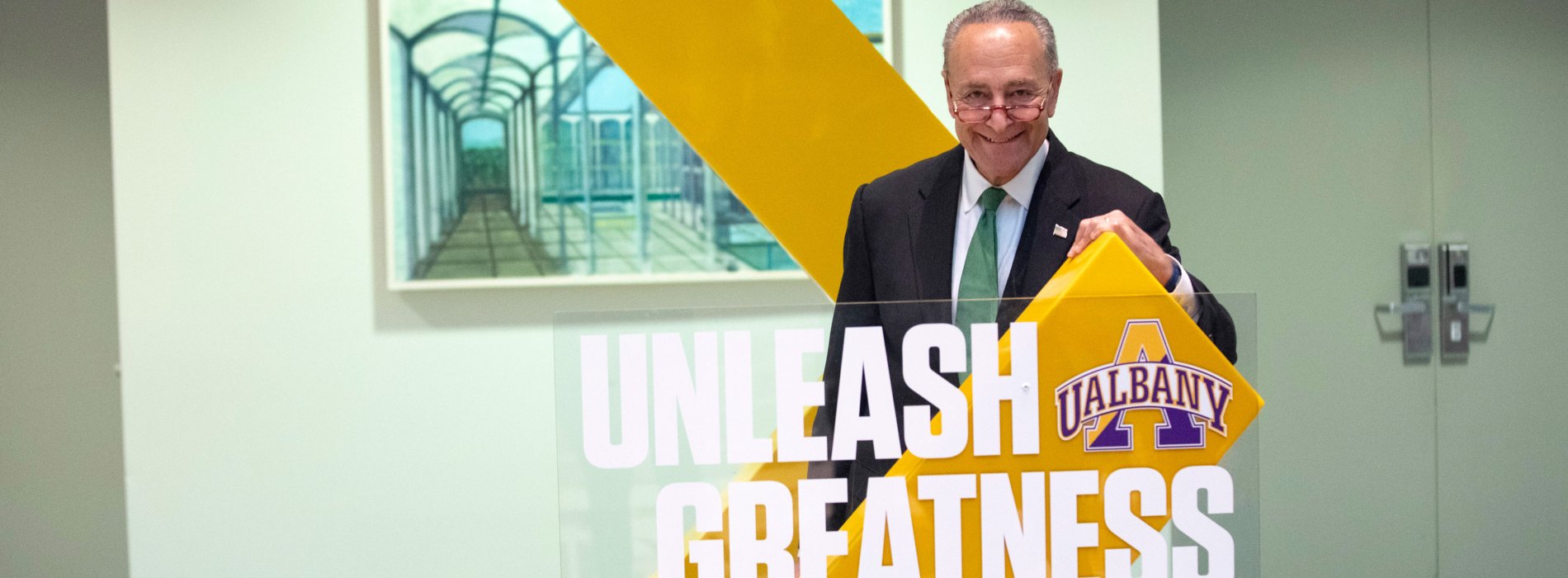
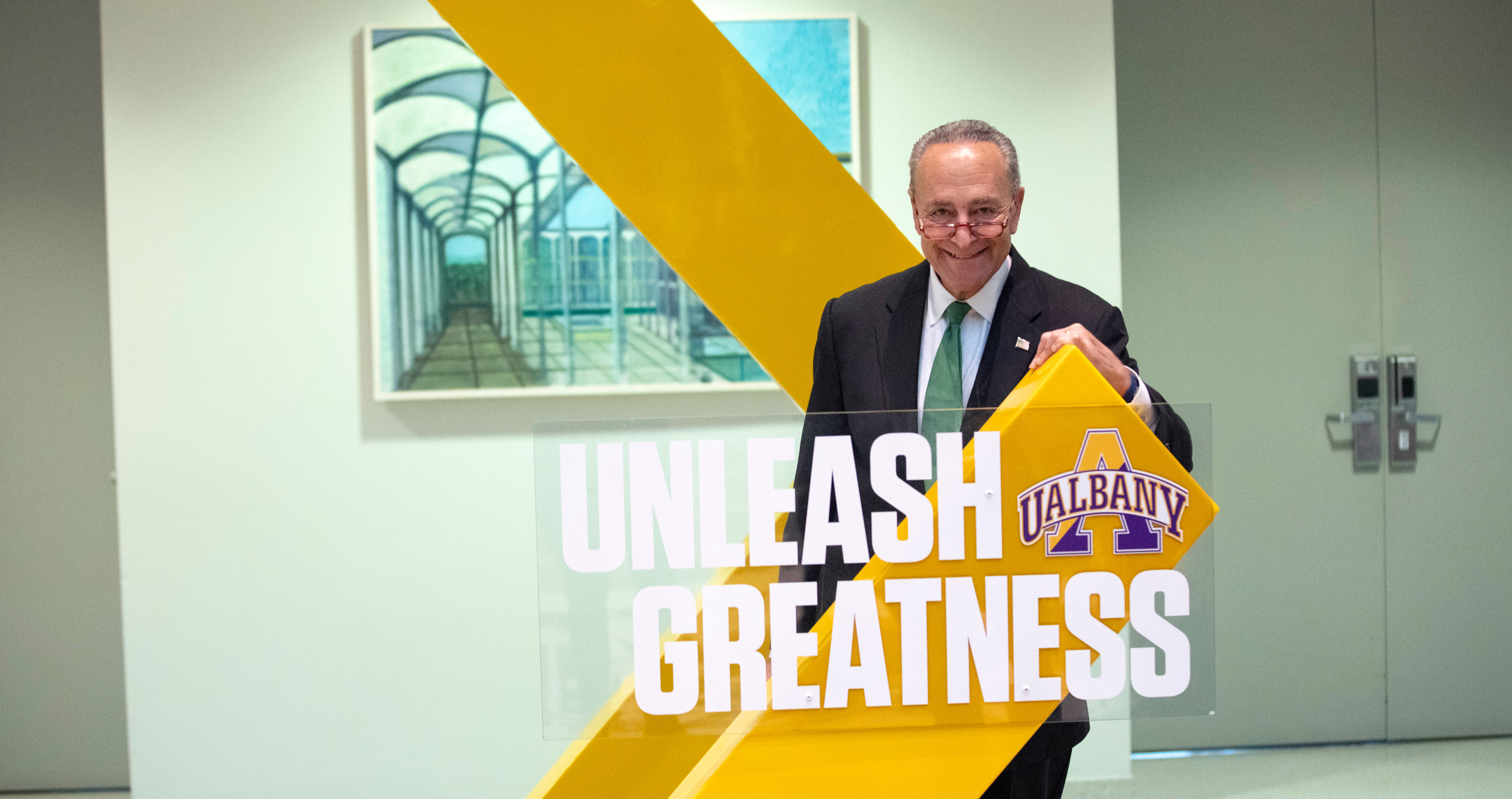
Office of Government & Community Relations
-
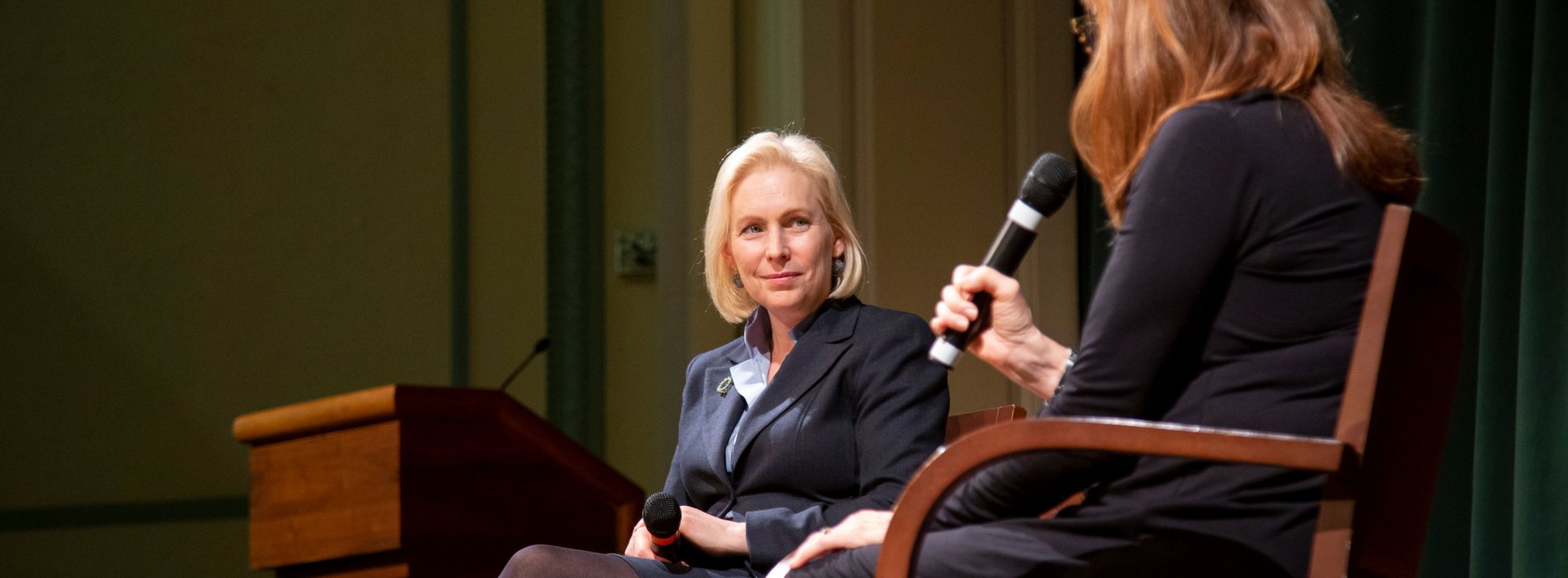
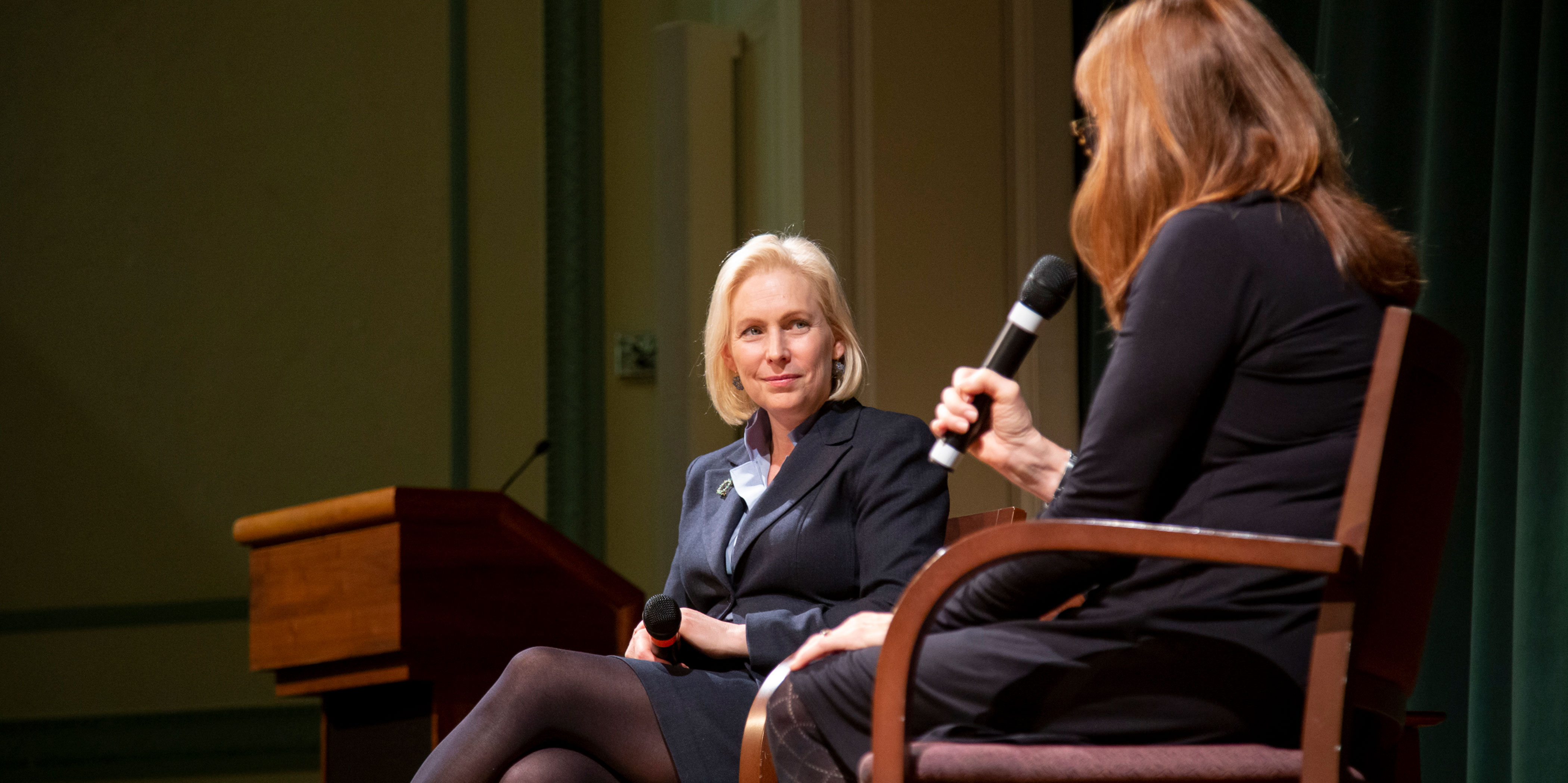
Office of Government & Community Relations
-
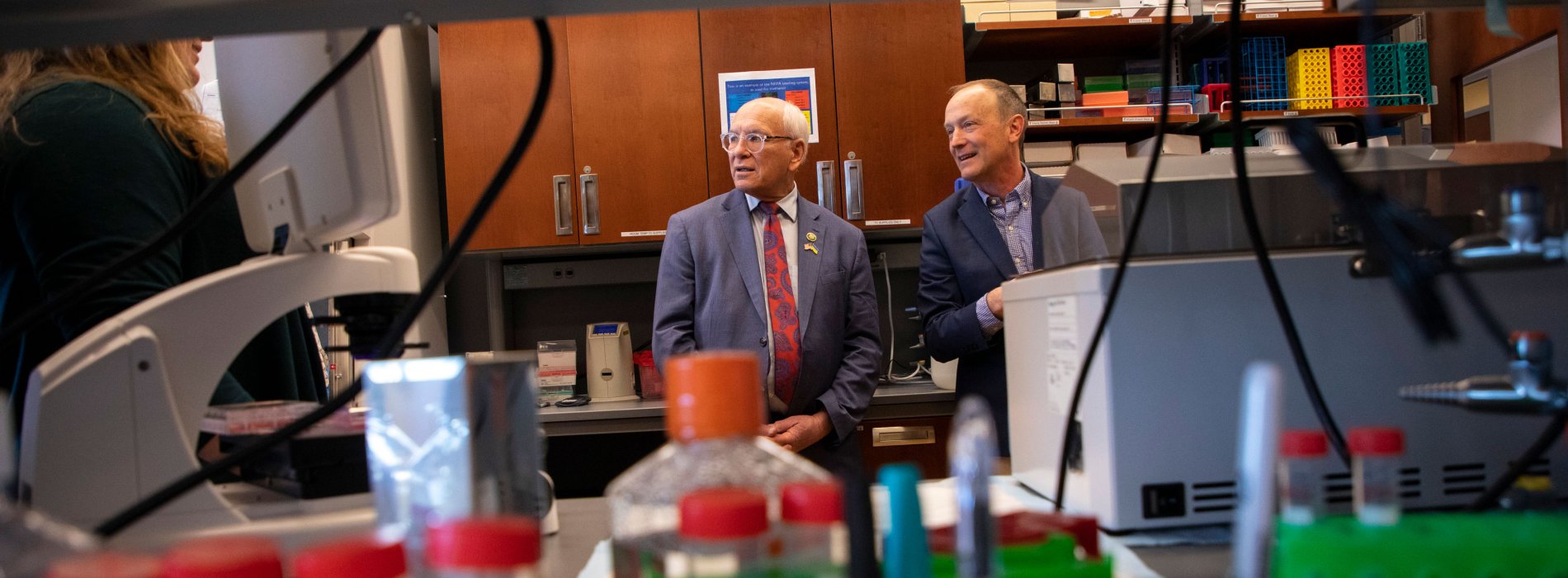
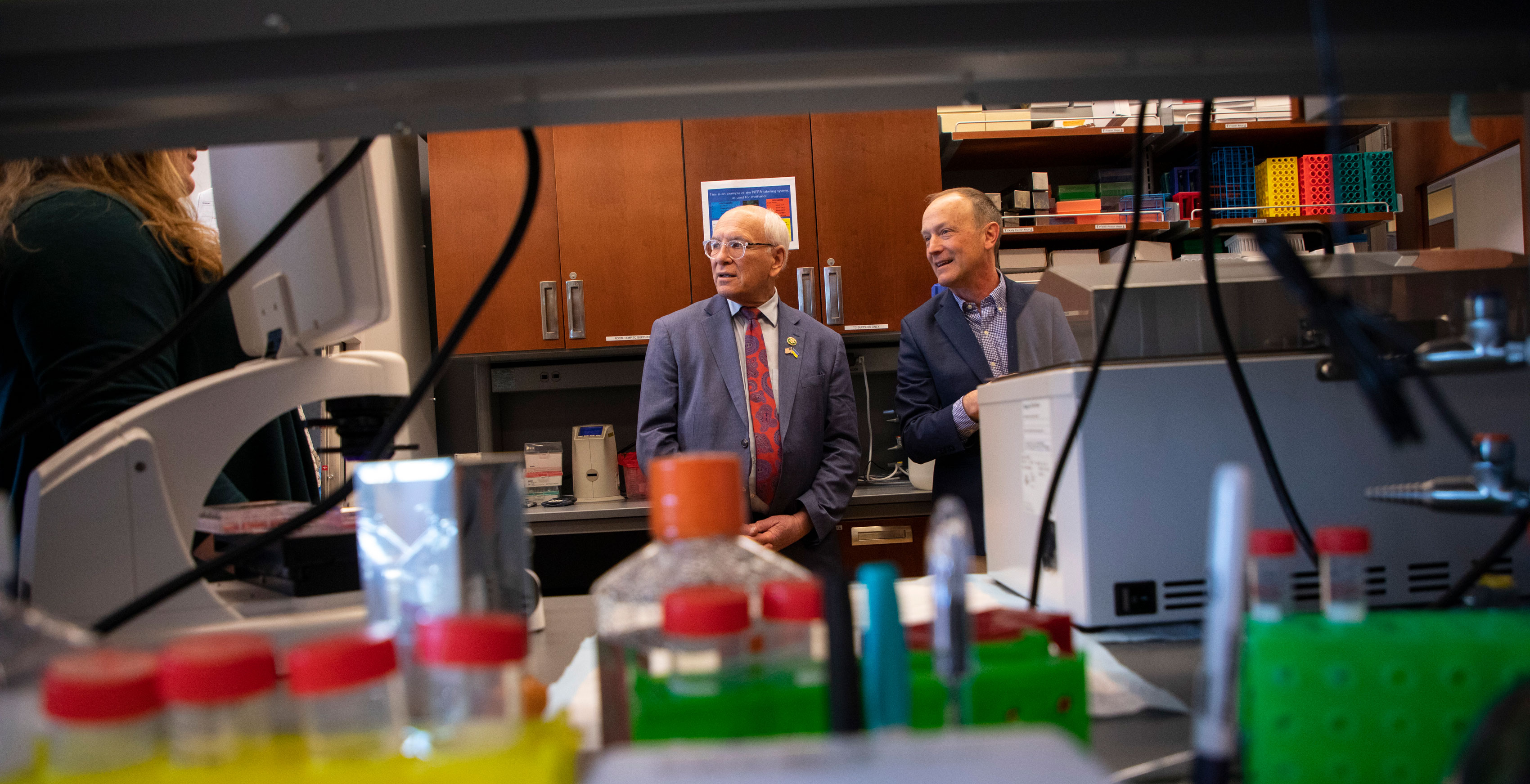
Office of Government & Community Relations
-
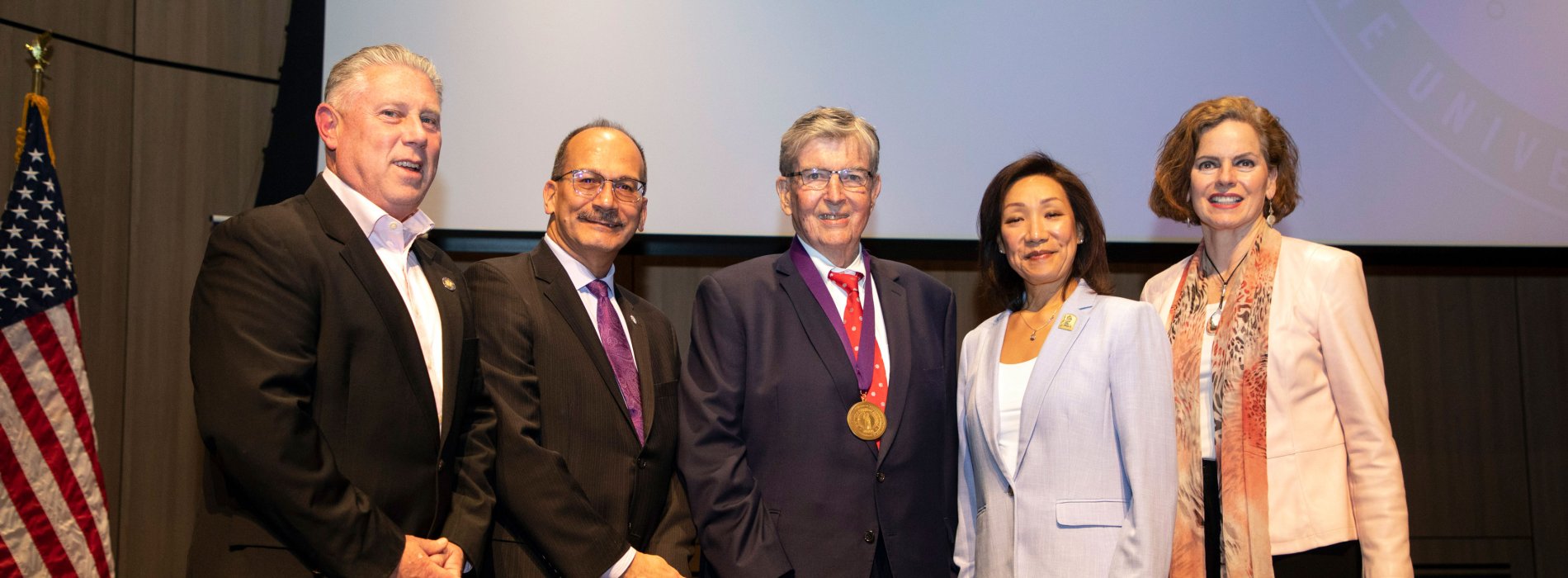
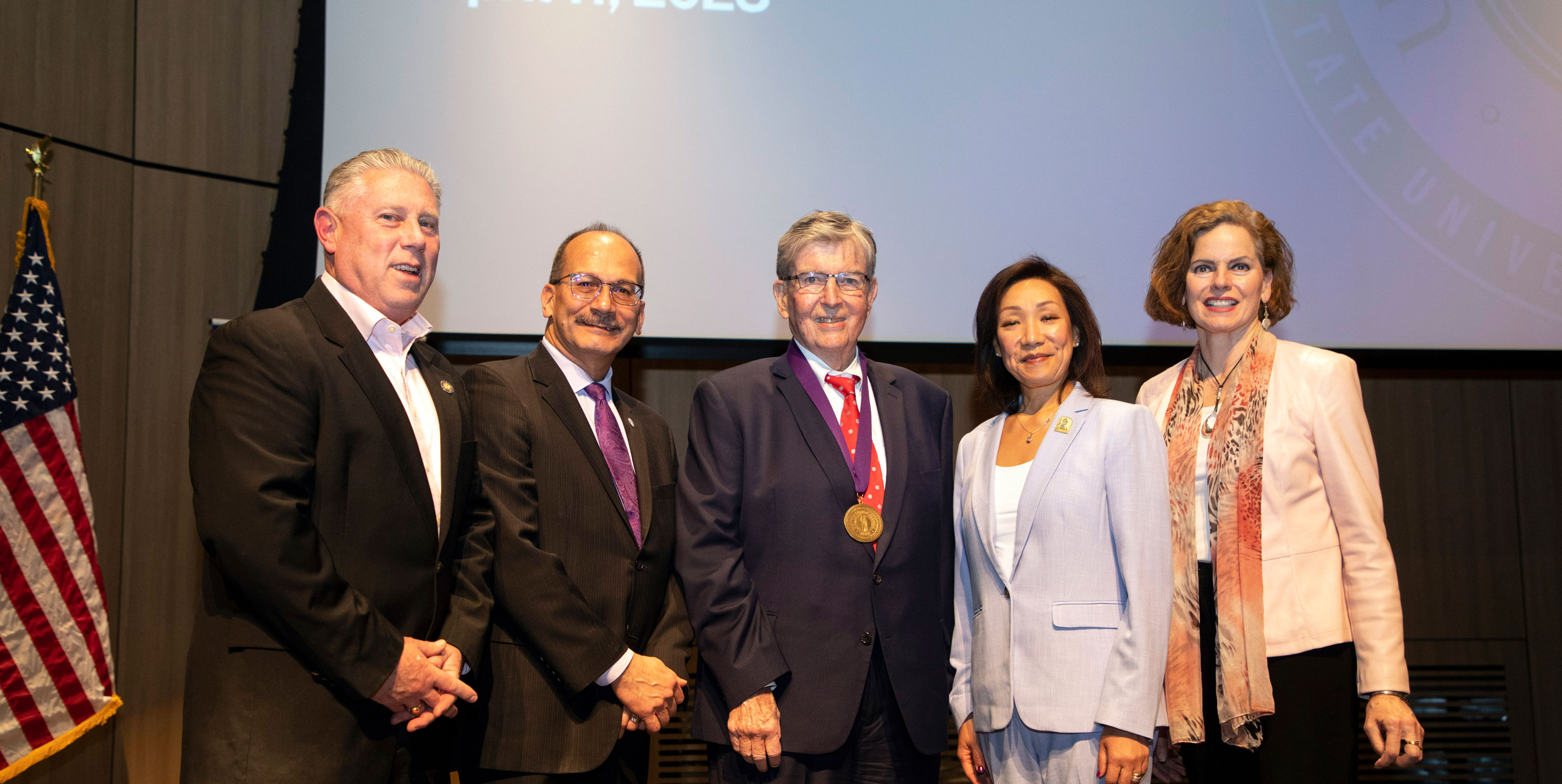
Office of Government & Community Relations
About Government & Community Relations
The Office of Government & Community Relations works to maintain positive and effective relationships between the University and all levels of government and the community, and acts as the University’s liaison and primary point of contact with elected and appointed officials and staff.
The office also oversees the work of the Office for Public Engagement, which supports the University's capacity to do public good, locally and globally, through the advancement of research, teaching and community engagement initiatives that address societal issues.
The team works to strengthen the University’s visibility and image, particularly at the state and local levels, and to create an advocacy strategy that supports the University’s strategic vision. The unit informs the University community about relevant federal and state government action and helps respond appropriately to funding and legislative opportunities.
State Relations
State Relations
The office is responsible for overseeing the University’s state relations agenda, which includes major priorities, campus-based University-wide funding initiatives, legislative priorities, and other advocacy and outreach activities. The team also works to secure state funding for capital-based initiatives related to the University’s facility needs.
In addition, the office leverages events and award ceremonies on campus that raise the profile of the University – both regionally and nationally. These events typically involve dignitaries within the governmental sphere, as well as partners in business, industry, civic, and philanthropic organizations.
Community Relations
Community Relations
The University at Albany strives to be an active, engaged and conscientious neighbor. The Office of Government and Community Relations serves as a link between UAlbany, the city, its neighborhood associations, businesses and the broader Albany community to cultivate relationships that make both the University and the city stronger together.
Public Engagement
Public Engagement
At the University at Albany, public engagement has been at the center of our research and teaching since the founding of our institution more than 175 years ago.
Today, UAlbany's engaged scholars, students, staff and alumni work side-by-side with partners from the public and private sectors to find approaches and solutions to our most pressing challenges and to improve the well-being and resilience of communities, at home and all around the world.
The Office for Public Engagement is committed to supporting all members of the UAlbany community in their publicly engaged work and service. The office provides community-engaged news and information, coordinates campus-wide discussions and programming, facilitates University-community collaborations, and hosts the annual President’s Awards for Exemplary Public Engagement.
Federal Relations
Federal Relations
The Office of Government and Community Relations also pursues federal funding through congressional initiatives developed in support of major University research programs. The team reviews and evaluates federal grant and funding opportunities that reflect the administration’s priorities.
Based on annual reviews of University priorities, the office coordinates congressional and federal agency advocacy for funding programs for existing and proposed initiatives of University PIs, faculty researchers, and administrators.
The team also reviews ideas and strategies for proposing earmark requests, when available, as well as authorizing legislation that would support future University initiatives.
Additionally, the office proposes and coordinates a number of other initiatives in Washington D.C., including agency visits, events and briefings, and advancing nominations for appointments to federal boards and advisory committees.



